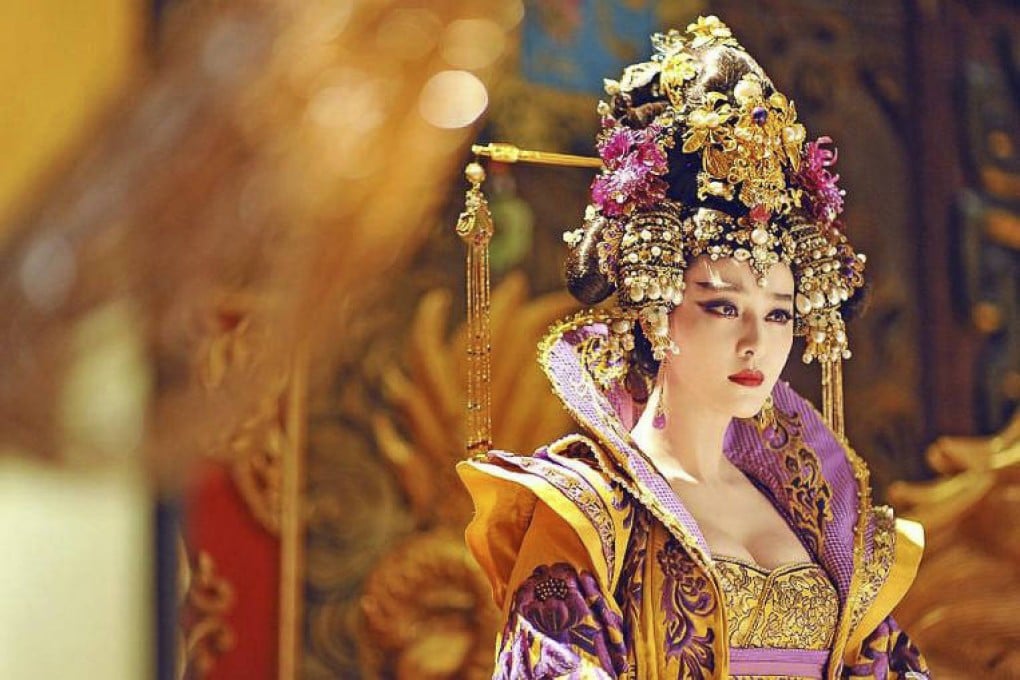Actress Fan Bingbing on becoming the new 'empress of China'
From billboards to screens big and small, Fan Bingbing is ubiquitous in China. In a free-wheeling chat, the only non-American on Forbes' 10 highest paid actresses list talks about becoming the 'empress of China'.

It's almost impossible to avoid Fan Bingbing in China. Her slender figure is used to promote sportswear on billboards across the country and as the cast for Barbie dolls bearing her name while her snow-white skin, full lips and long raven hair serve the multinational makers of beauty products well.
On the big screen she triumphs in many genres, while on television she sweeps through sets dressed in the clothes of ancient dynasties. And on the most prestigious catwalks of the world, designers invite her to imbue their creations with elegance. As if all that were not enough, she's ubiquitous on the radio, too, her velvet voice giving life to mellow pop songs.
SEE ALSO: China’s ‘X-Men’ star Fan Bingbing joins Forbes’ list of Hollywood’s biggest-earning actresses
The highest-grossing actress in China has, according to the United States' foremost business magazine, now become the only non-American on the list of the 10 best paid on the planet. Having become an idol of the masses in the emerging superpower, where she boasts 42 million followers on the social network Weibo, her role in last year's X-Men: Days of Future Past helped her earn an estimated US$21 million and rise to fourth position in this year's Forbes rankings. She has become the very definition of success in 21st-century China, summarised in the newly minted expression " baifumei": white, rich and beautiful.

After throwing herself onto the couch in her suite at the Ritz-Carlton in Shanghai's Pudong district, Fan shows herself to be sincere, candid and friendly, too. She has matched a checked black and red skirt with a simple white shirt, and assures me that she eschews make-up "whenever possible". That is why she has asked not to be photographed during our conversation.
What she will allow, however, is a free-ranging interview. To the obvious consternation of one of her three assistants, I do not have to follow an agreed script, as has become the norm with Chinese stars.
She begins by placing her mobile phone, in a grey furry cover with huge bunny ears attached, face down on the table, the gadget almost continuously vibrating as WeChat messages arrive in quick succession.